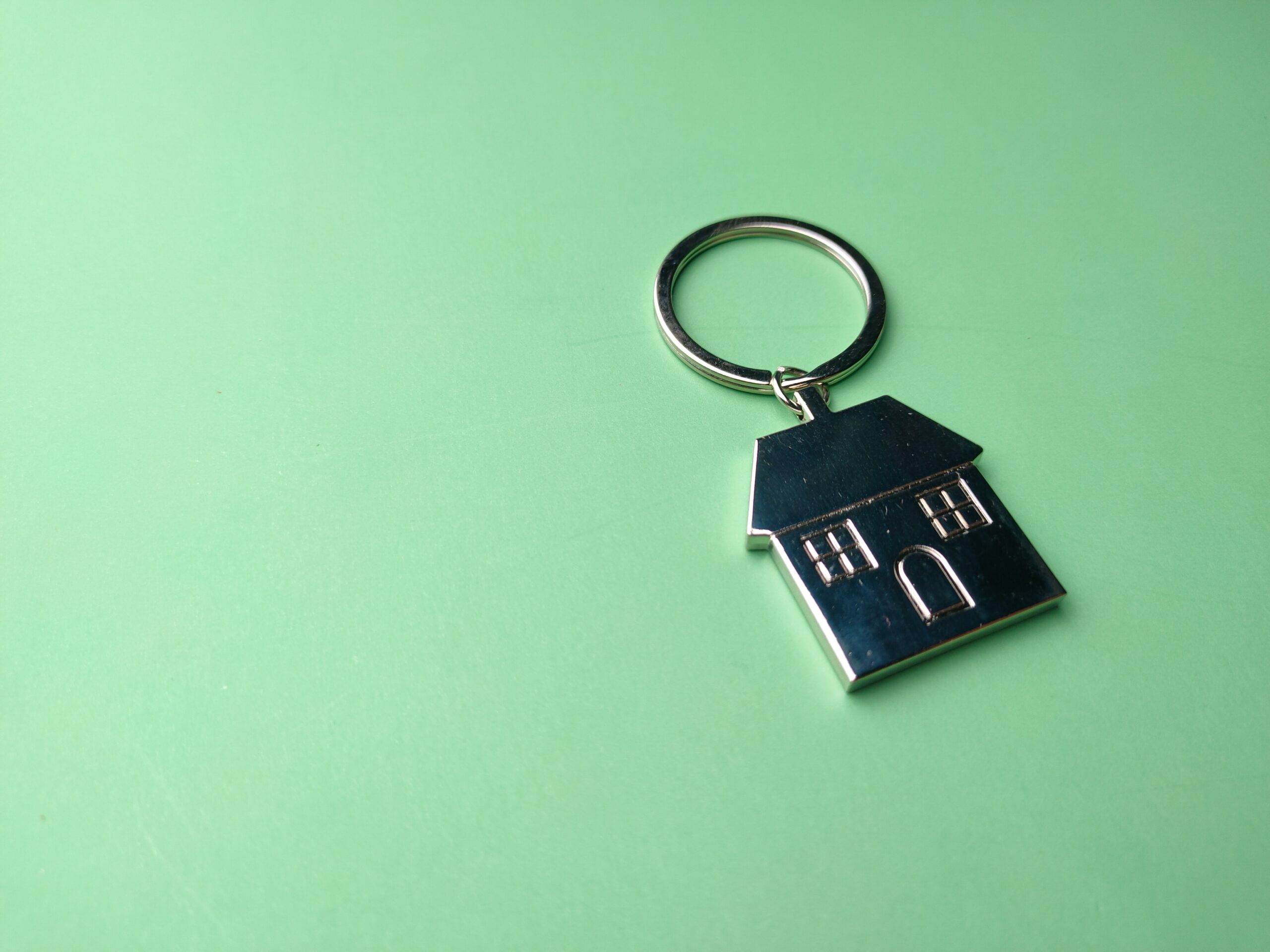
When it comes to buying a home or commercial property in Florida, you can consider earnest money and escrow somewhat analogous to the “getting serious phase” of a new relationship. Putting down earnest money demonstrates that you’re not just here to love ‘em and leave ‘em, you’re here to make things work. And like any new relationship, entrusting your earnest money to an escrow agent involves a little bit of trust and a lot of anticipation about what’s to come.
So, if you’re curious about what “earnest money” and “escrow” mean in real estate transactions and how these two elements play key roles in ensuring a smooth deal, we’ve got you covered. Read on.
What is Earnest Money?
Earnest money, also known as a “good faith deposit,” is a sum of money that the buyer puts down to show they are serious about purchasing a property. It signals the buyer’s commitment to the seller – yes! they want this property! – while the finer details of the sale are ironed out.
Earnest money deposits typically range from 1% to 3% of the property’s purchase price, though the amount can vary depending on the agreement and local market conditions. While the earnest money will eventually be credited toward the buyer’s closing costs or down payment, if the buyer backs out of the deal for reasons not covered by contingencies, the seller could end up keeping the deposit.
What is Escrow?
Escrow refers to a neutral third-party account where the earnest money (and sometimes other payments or documents) is held until the deal is done. The escrow agent (who can be a title company, attorney, or other qualified professional) safeguards the funds until all conditions of the sale are met.
Escrow is essentially the “safe place” where money and documents are stored until both the buyer and seller have completed their contractual obligations. Once everything is in order, the funds are released to the appropriate parties, and the transaction proceeds to closing.
How Earnest Money and Escrow Protect the Buyer and Seller
Earnest money is deposited into an escrow account to protect both the buyer and seller. For the buyer, it ensures that their funds are not directly held by the seller while the sale is still pending. For the seller, it provides reassurance that the buyer is serious and has some skin in the game to see the transaction through to closing.
What Happens to Earnest Money if the Deal Falls Through?
The fate of the earnest money depends on why the deal fell through and what’s stated in the purchase agreement. If the buyer backs out due to reasons covered by contingencies (like a failed inspection or inability to secure financing), they typically get their earnest money back.
However, if the buyer withdraws for reasons not covered by contingencies, the seller may be entitled to keep the earnest money as compensation for the time and opportunity lost. That’s why it’s critical to understand all contingencies and the deadlines in the contract and partner with a real estate attorney to ensure you are protected.
Contact our Team at Sirulnik Law and ADS Title Services
Earnest money and escrow serve as protective measures for buyers and sellers in real estate transactions. By understanding how these elements work and partnering with experienced professionals, you can safeguard your interests and ensure a smoother transaction.
Mitigate your risks and protect your interests and assets by turning to our team at the Law Offices of Alex D. Sirulnik, P.A. and ADS Title Services, Inc. Contact our team today to learn more about how we can help.



